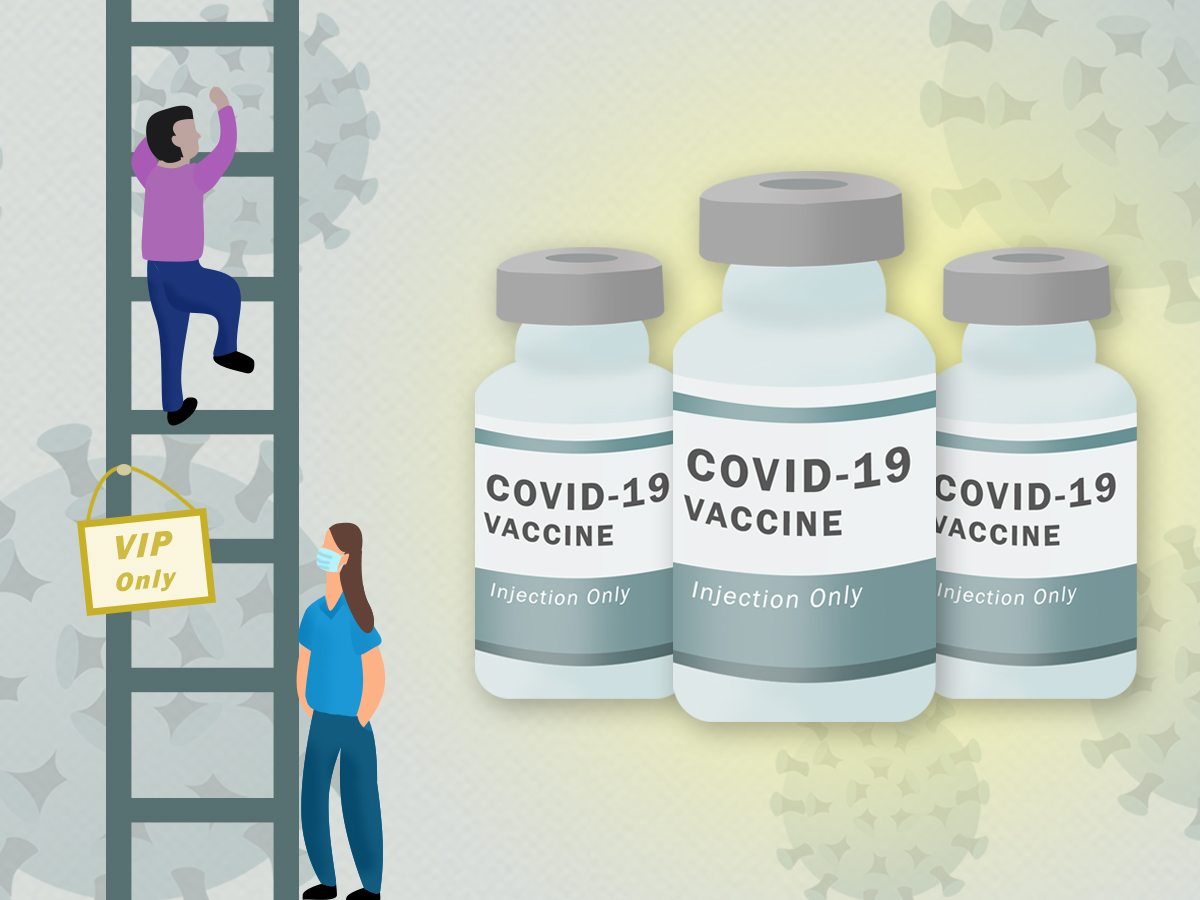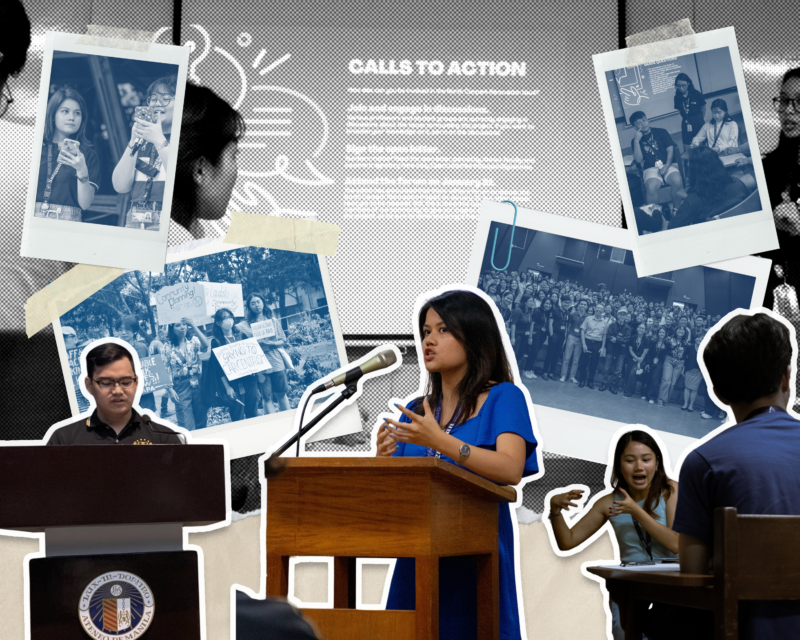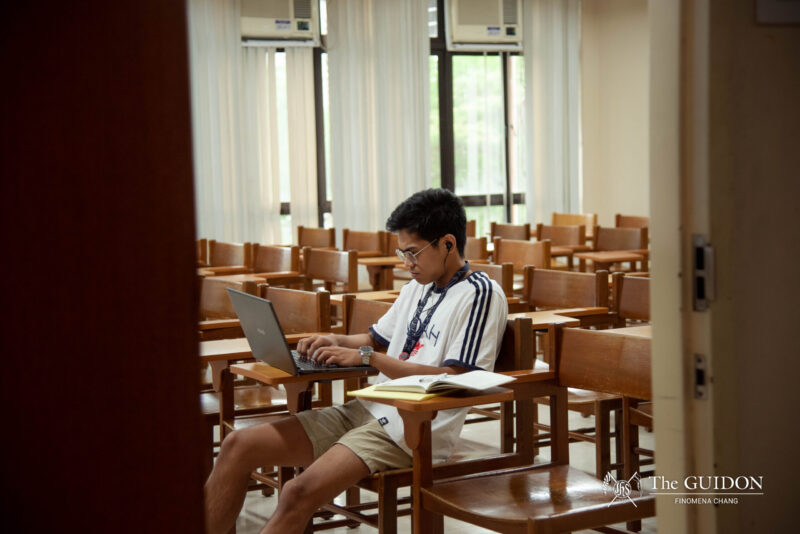DESPITE MASS immunization initiatives beginning around the world, vaccine distribution in the Philippines remains muddled with seemingly misaligned initiatives. The strategic allocation of vaccine doses to specific sectors continues to draw immense public attention amid the COVID-19 global pandemic.
Contrary to projections of procuring a vaccine by December 2020, only Pfizer-BioNTech, Bharat Biotech, and AstraZeneca have applied for emergency use authorization in the Philippines as of January 2021. With a cumulative COVID-19 case count of over 500,000, this leaves the country in a vulnerable position where key decisions to protect the forecasted overwhelmed health sector must be made. Policy guided by experts and compliance with existing scientific protocols are further necessitated with the vaccines expected to roll out by the end of February.
Appointment set
In the Philippines, the Inter-Agency Task Force for the Management of Emerging Infectious Diseases and the Department of Health (DOH) are responsible for determining prioritization areas for the COVID-19 vaccine. The Philippine National COVID-19 Vaccination Deployment Plan released in January further delineates the priority groups for vaccine distribution.
Since vaccine supply will not be enough to immediately cover the Filipino adult population, the entire deployment plan is expected to occur throughout 2021 to 2023. Supply is to be distributed in phases with regional priority being determined by number of active cases. In line with this, University of Santo Tomas Pediatric Infectious Disease Chief Dr. Benjamin Co stated, “[The country needs] to go with the highest risk first because they are the ones that will overwhelm the health system.” He added that the amount of doses, wastage produced, and rising COVID-19 cases should also be considered when assessing the vaccination program’s feasibility.
The undersupply of COVID-19 vaccines may inhibit the inoculation of the majority population, highlighting the importance of a prioritization system to secure the safety of the most vulnerable.
Even prior to the development of the national vaccination roadmap, the distribution of the COVID-19 vaccines in the country remained clouded with controversy and debate. Last December, members of the Presidential Security Group (PSG) were among the first to be immunized with an unauthorized vaccine—stirring up conflicting remarks on the national government’s vaccine distribution in the country.
Those in the health sector have also expressed their disappointment on the public handling of the vaccine situation, as prominent political figures defended the PSG controversy. This encourages distrust among medical workers on the national government’s ability to prioritize their safety amidst the global health crisis.
Booster shots
As the administration continues to face issues regarding immunization, various local government units (LGU) have announced allocated funds for vaccination, ranging from Php 10 million to Php 1 billion. Ateneo Development Studies Lecturer Czarina Medina-Guce noted the limits and differences of each LGU’s capacity in combatting COVID-19 cases. “The pandemic situation is different per locality,” she said, noting that some localities have to depend on strict travel restrictions because of insufficient local healthcare facilities and human resources.
While President Rodrigo Duterte stated that the national government will “not interfere in all things related to the purchase,” other agencies emphasized a different approach. The DOH, National Task Force Against COVID-19, and the Food and Drug Administration clarified that—while the efforts of LGUs are appreciated—they cannot procure and administer vaccines on their own to ensure that their efforts align with the national government’s direction. This is done through the tripartite agreement, wherein LGUs are mandated to constantly coordinate with the three aforementioned agencies.
The confusion created from the deadlock between LGUs and executive departments further aggravates fears that the country is lagging behind in the global vaccine race. The competition among countries, funding constraints, and inconsistencies among government units place the success of the national COVID-19 response in jeopardy.
Priority lane
In addition to the LGUs’ plan of vaccine acquisition, private entities have decided to make a move in an effort to resuscitate the Philippine economy in 2021. During the Stratbase Albert del Rosario Institute’s Pilipinas Conference 2020, Ayala Corporation Chairman and CEO Jaime Augusto Zobel de Ayala expressed his belief that vaccines will influence consumer confidence and consumption to boost economic growth.
In November, over 30 business magnates sealed a deal with the government that involved the acquisition of 2.6 million AstraZeneca doses, and the donation of half of the doses for government use. Presidential Adviser for Entrepreneurship Joey Concepcion further declared that more than 200 companies have committed to the second batch of AstraZeneca vaccine procurement.
As of January, the Ayala Group has announced their plans to acquire 450,000 AstraZeneca doses, with the remaining half accessible to private individuals who are willing to purchase the said vaccine. In hindsight, the private sector’s vaccine procurement initiative provides easy access to the elite and strays away from the national vaccination deployment plan. “I have no understanding why they are securing vaccines for and on behalf of the Filipinos,” Co admitted, specifying that the government has already received loans from the World Bank and the Asian Development Bank for vaccine acquisition.
He further described the initiative as elitist considering that vaccine resources are scarce and data on the vaccine’s efficacy and safety on the pediatric population remains insufficient. “When you do that, you deprive other people who need it most and need it more,” Co argued.
Targets to hit
Amid efforts by LGUs and corporate magnates to aid national response, Co noted the significance of ensuring transparency and accuracy in administrative decisions to improve public confidence during the pandemic. While the Pulse Asia 2020 survey attested to good public approval in the administration’s pandemic response, he argued that public mistrust has become more evident than ever. “The decision-making should be by somebody who knows what the health sector is about,” Co emphasized.
Contrary to the rush of acquiring vaccine doses, Co highlighted that the immunization process involving two-dose COVID-19 vaccines should be cautious and tactical. “There is a probability that they’re really never going to come back, either nasaktan siya o nag-fever, natakot, hindi na ‘yan babalik (the patient will potentially not return because they were hurt, contracted a fever, or felt scared),” Co added.
While it is the primary goal of several countries to achieve herd immunity at this stage of the pandemic, Co declared that the public should recognize that “it is not the only solution to curbing the pandemic.” He mentioned that health measures such as physical distancing, air ventilation in public places, and wearing of masks should still be prioritized.
In the end, whichever approach is taken by the national government, public trust is instrumental to the success of the COVID-19 response. Ensuring strict implementation of a centralized, efficient, and transparent system for procurement and distribution may provide assurance to Filipinos that the government will be able to deliver a safe vaccine.
Editor’s Note: A previous version of this article attributed the localities’ vaccination budgets to Czarina Medina-Guce instead of the CNN article that the figures were cited from. This has been corrected accordingly. We apologize for the oversight.




